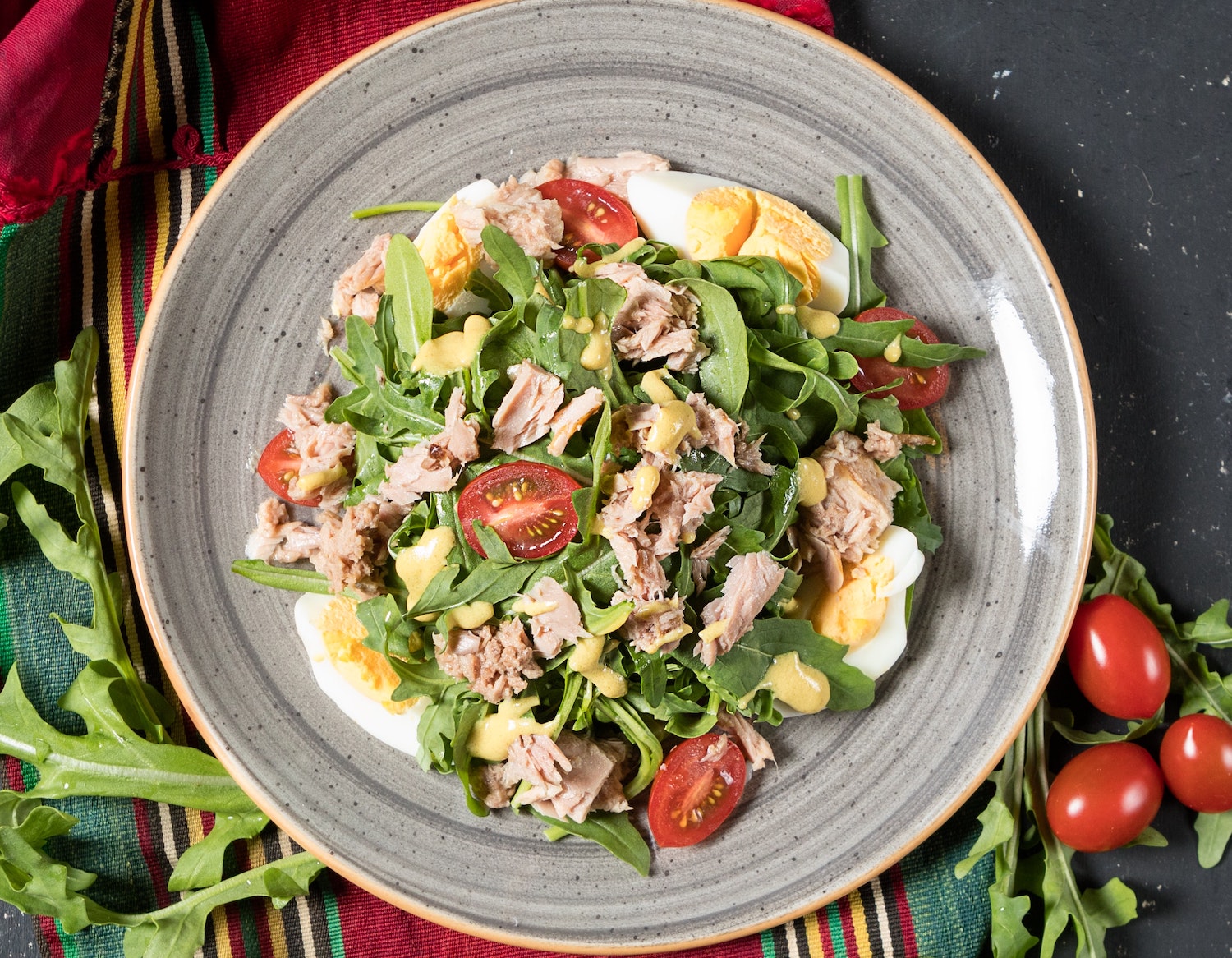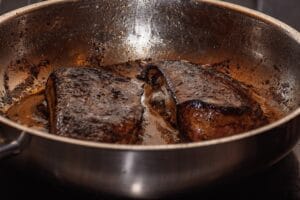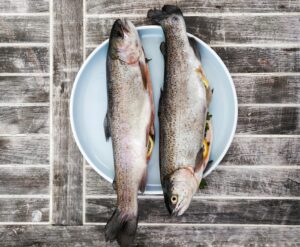
Vitamin D isn’t called the Sunshine Vitamin for nothing. Exposing bare skin to sunlight is the best way to get direct access to this important nutrient, which gives us strong bones, can help fight colds and flu and is believed to have protective qualities against some cancers and even depression.
Buy Gift Voucher
Where sunny weather is concerned, Ireland is not the place to find it, generally speaking! Especially not in winter when grey skies and rain are the norms. In 2015, the Food Safety Authority of Ireland reported on its website that Vitamin D deficiency is becoming a problem in Ireland. This information was part of a Q&A report on ‘Recommendations for a National Policy on Vitamin D Supplements for Infants in Ireland.’, which follows in the wake of over twenty reported cases of Rickets in children in Ireland, over the previous four to five years. Rickets is a severe condition of bone deformity, directly attributed to lack of Vitamin D. The return of this condition in recent years is worrying, since it was previously thought to have been eradicated after World War II, as diets and nutrition improved.
The FSAI report can be seen in full on the link above, but findings showed that low levels of Vitamin D are common throughout the Irish population. We’re simply not getting enough.
This is why scientists, at University College Cork, are pioneering an international study on “How to compensate for low levels of sunshine by adjusting the diet”. Funding from the EU is allowing for close examination of this topic. “The research project is progressing very well,” said joint project coordinators Mairead Kiely and Kevin Cashman from UCC, “We will soon have the latest information on dietary intakes by European populations, and the specific vitamin D requirements of pregnant women, children, adolescents and ethnic adults.”
UCC’s research underlines the importance of vitamin D in protecting against a host of health problems and also helped to identify certain categories of people at particular risk of vitamin D deficiency. Their report says these include people unable to get enough sun, but also others who might have low dietary intakes, such as those suffering from milk allergies or following strict vegan diets.
“While vitamin D can be synthesised in the skin on exposure to summer sunlight, this happens much less in winter months, which can range from two to six months of the year depending on where in Europe you are based,” explains Cashman. “Furthermore, in summer, standard public health advice is to avoid over-exposure due to concerns over skin damage and cancer.”
This is why the project is focusing on the dietary supply of vitamin D. Diet supplies vitamin D year-round, but intakes in Europe are generally low due to the fact that relatively few foods are rich sources of vitamin D. The amount of vitamin D in foods can be enhanced by fortification.
“Having good, accurate information on the prevalence of vitamin D deficiency across Europe is the first important step in devising food-based strategies for its prevention,” Cashman points out.
Targeted trials will be carried out on pregnant women, children and teenagers, and a fourth on ethnic immigrant groups. This will provide specific data which will come into the public arena in the latter part of this major project.
In the meantime, how do we help ourselves get more Vitamin D?
FOODS TO EAT FOR VITAMIN D
You can certainly help your own intake by knowing what foods have good amounts of Vitamin D and including them in the diet as regularly as possible, especially during winter. All of them are available in Ireland and make great winter eating:
Liver. Lamb and chicken livers are mild in flavour. Beef liver is stronger. The chicken liver makes great paté and cooks beautifully for a warm chicken liver salad. Use lamb’s liver for a classic dish of liver and bacon.
Kidneys. Lamb’s kidneys make a tasty winter supper, devilled on toast. Beef kidneys are a must for a steak and kidney pie or pudding.
Eggs. Who doesn’t love them? They can be used in many tasty ways. Orthopaedic consultants recommend them as one of the nutrient-rich foods most easily absorbed into the body, to help with the speedy healing of broken bones and damaged muscle tissue, plus other bone-related problems.
Oily fish. Fresh salmon, mackerel, trout and herring are all good and rich in fish oils and Omega 3 fatty acids, as well as Vitamin D. Irish, farmed trout from Goatsbridge Trout is a delicious option for a winter meal.
Canned fish. Good for Vitamin D and those which contain edible bones also supply calcium.


